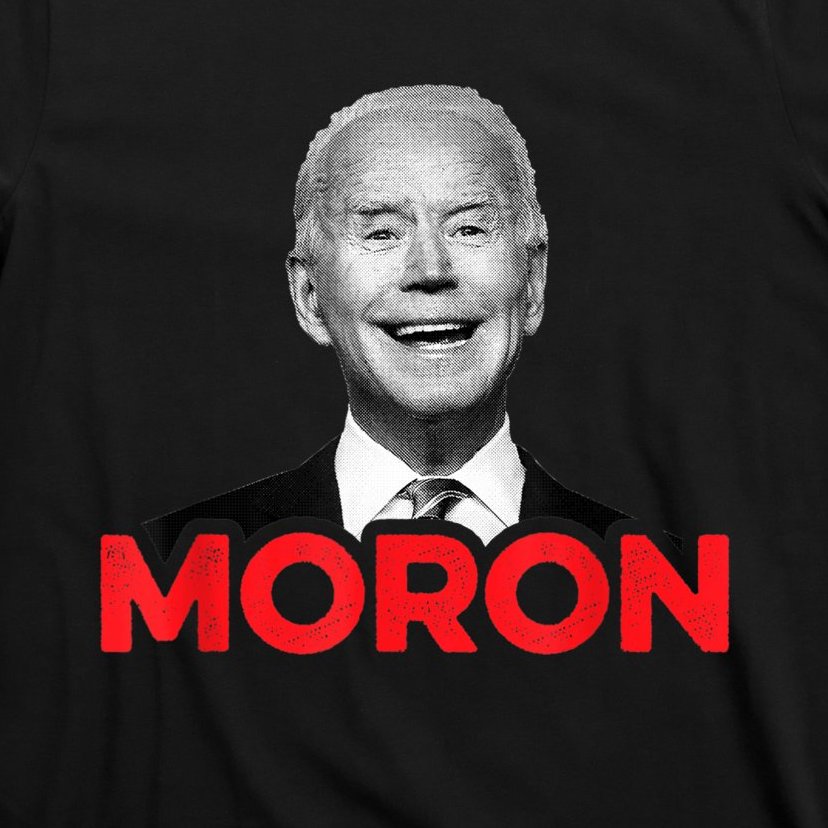Pellinore
Platinum Member
- May 30, 2018
- 1,994
- 1,153
- 940
Calling the US a "Republic Not a Democracy" can be used as a precursor to allow bad actors to whittle away at, and eventually undo entirely, our democratic principles.
I don't know the people here well enough to assign this motivation to anyone in this thread, but there are definitely those out there bolstering this flawed argument for exactly that reason.
The reality is simple: We are both.
I don't know the people here well enough to assign this motivation to anyone in this thread, but there are definitely those out there bolstering this flawed argument for exactly that reason.
The reality is simple: We are both.





:max_bytes(150000):strip_icc()/wethepeople-581b3ea35f9b581c0bbb9794.jpg)